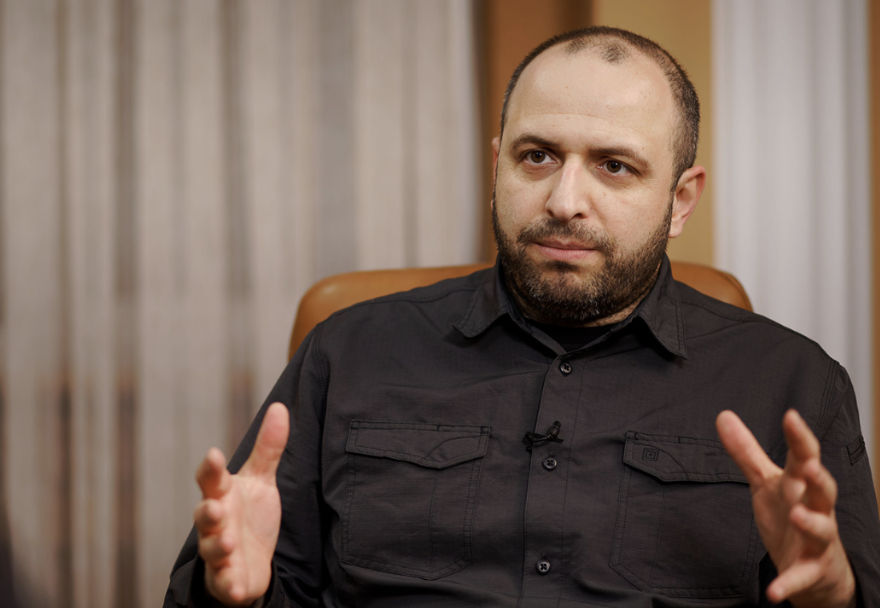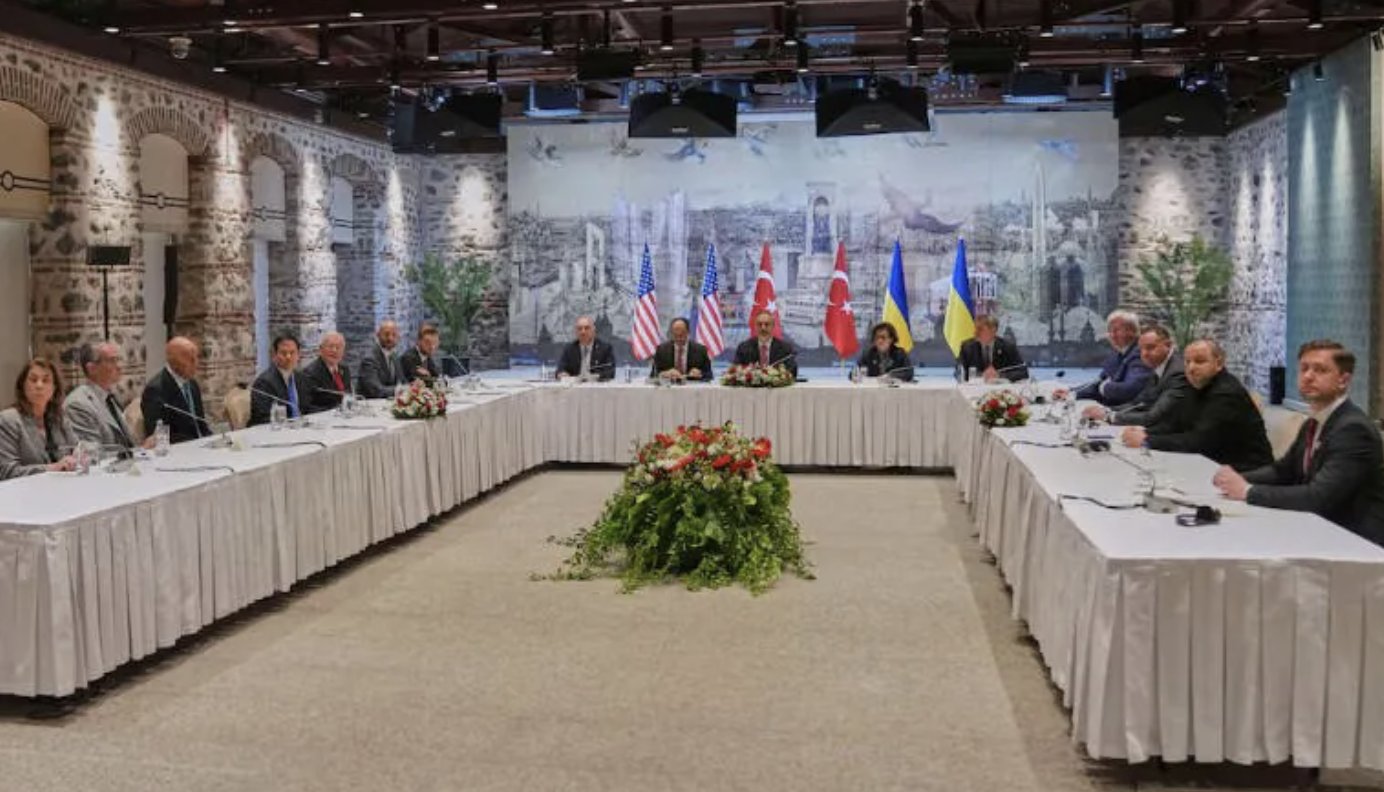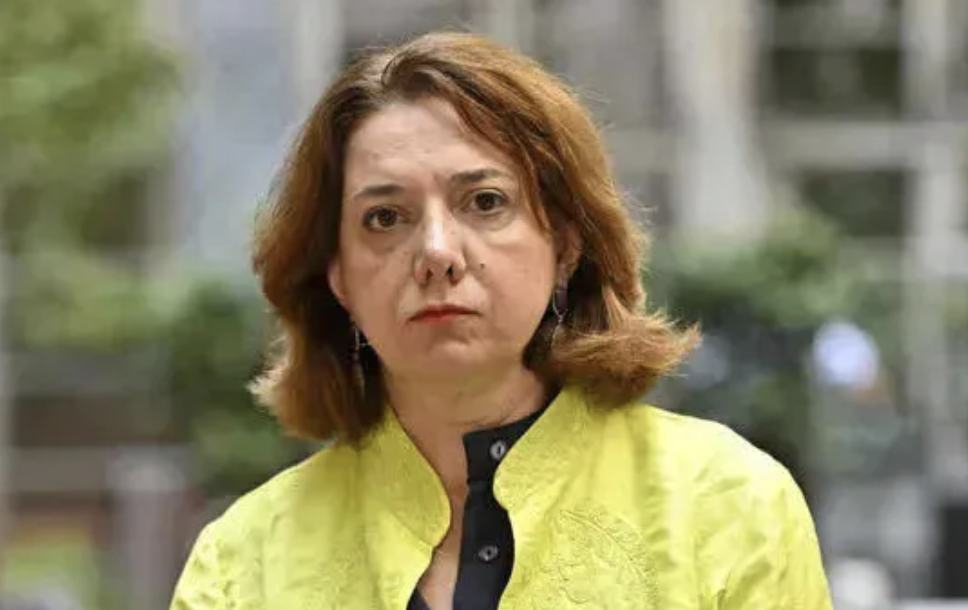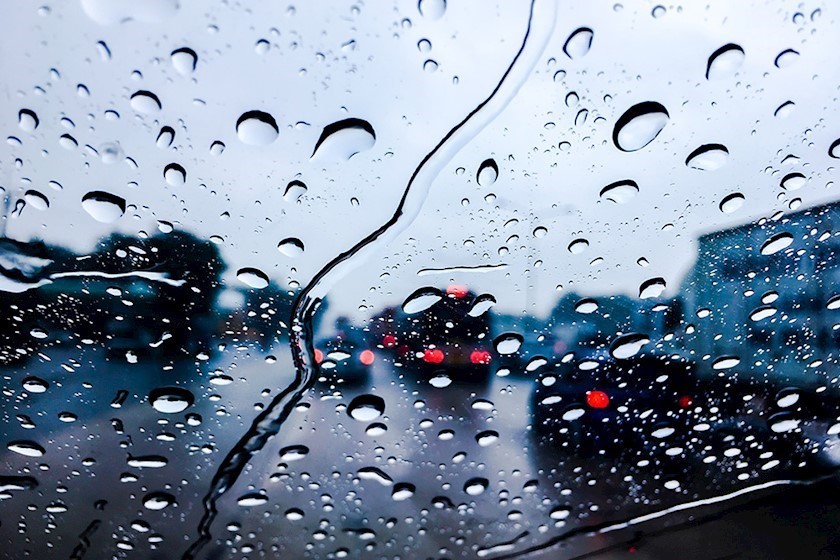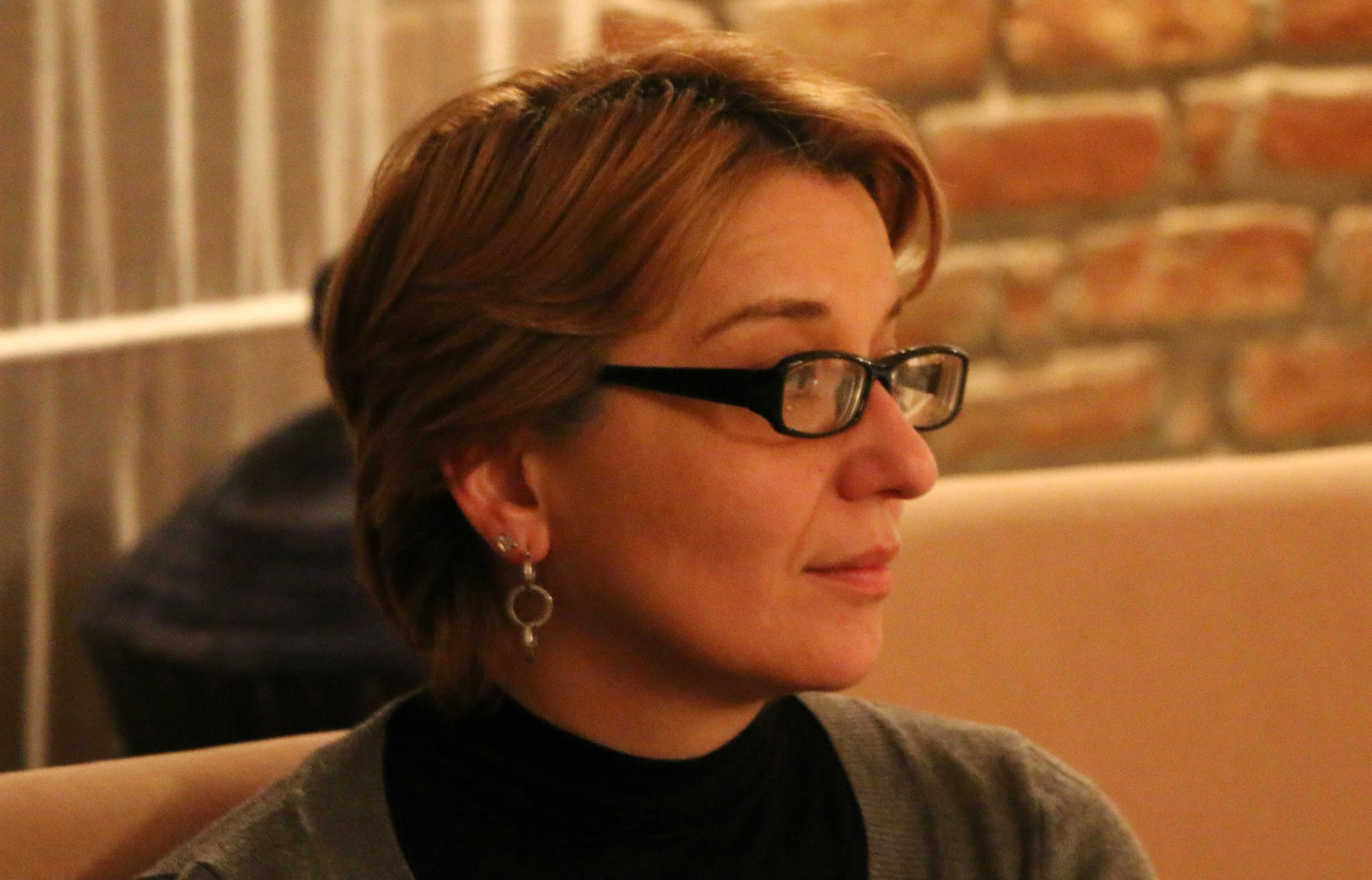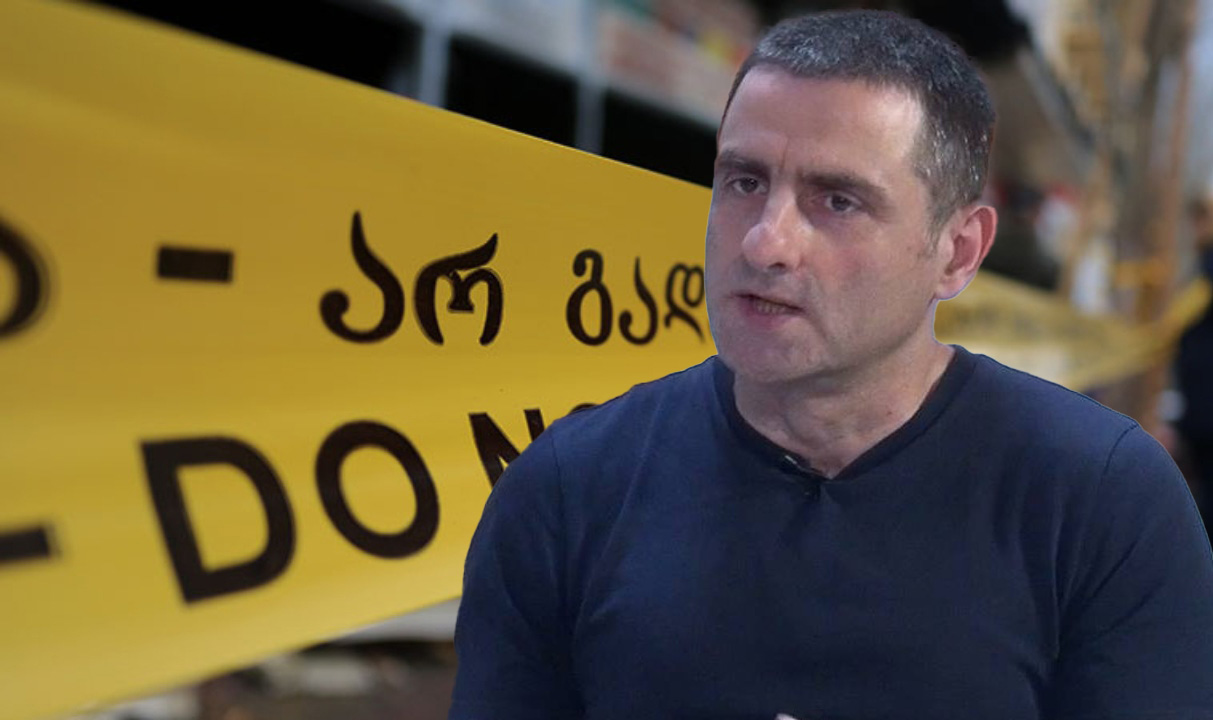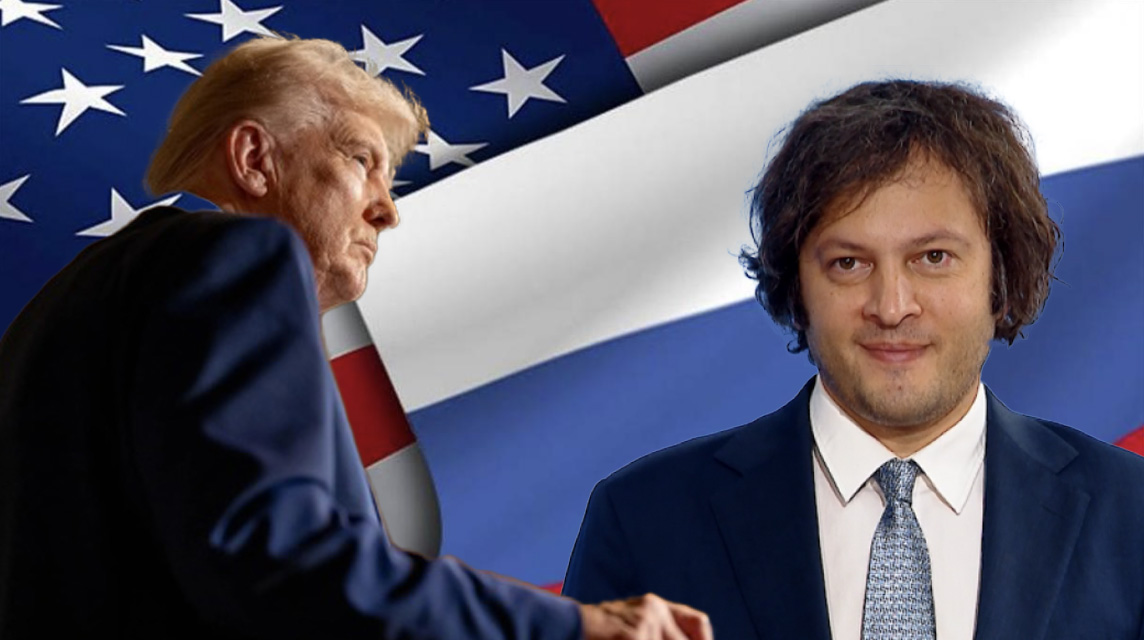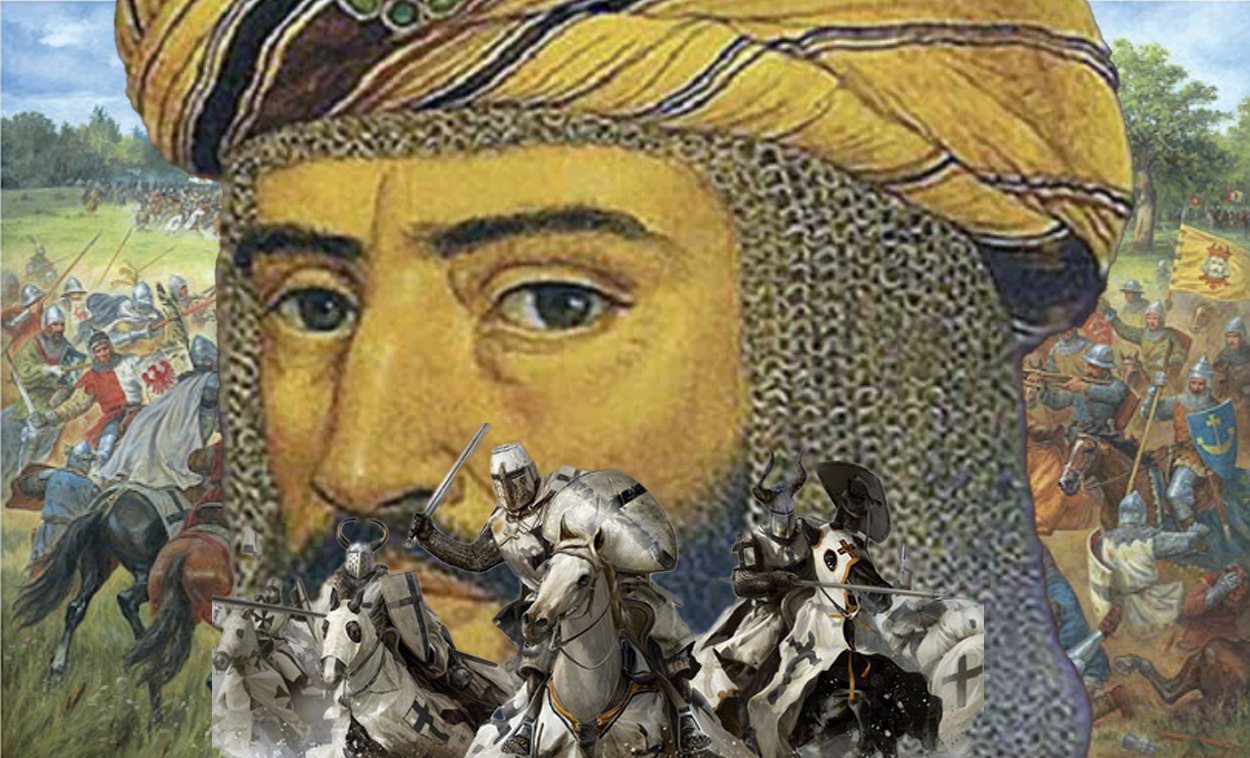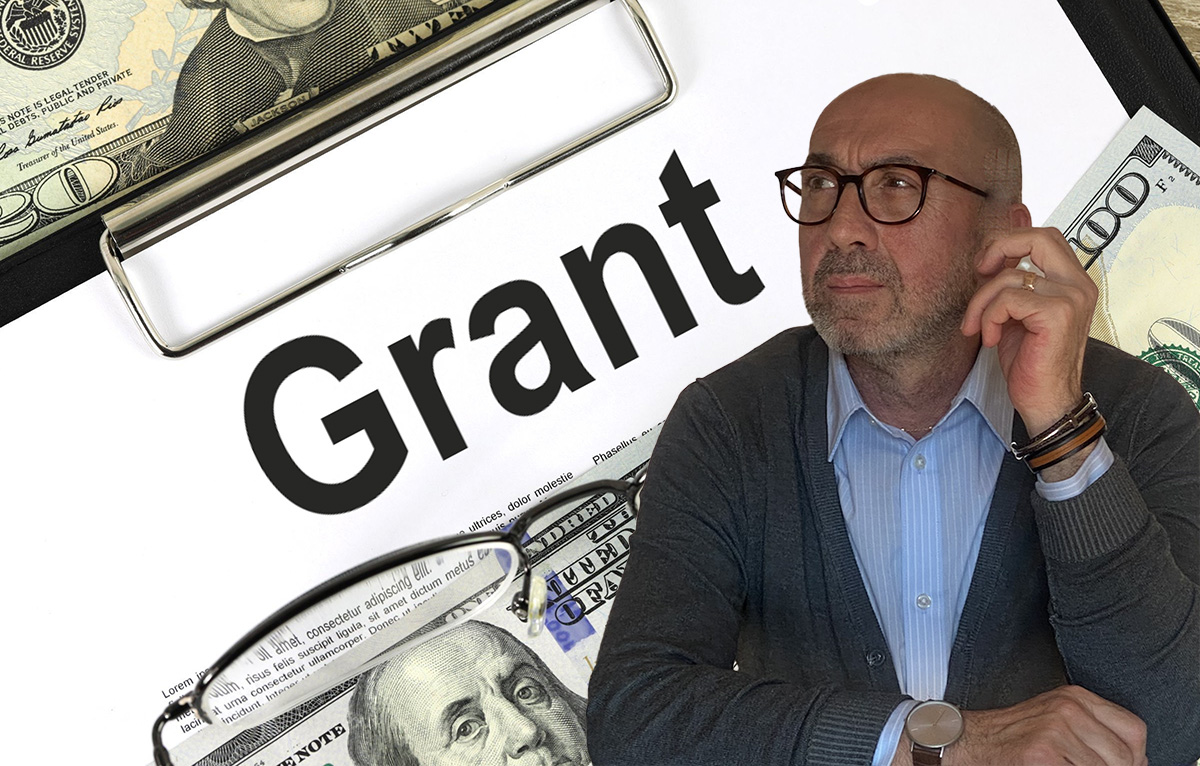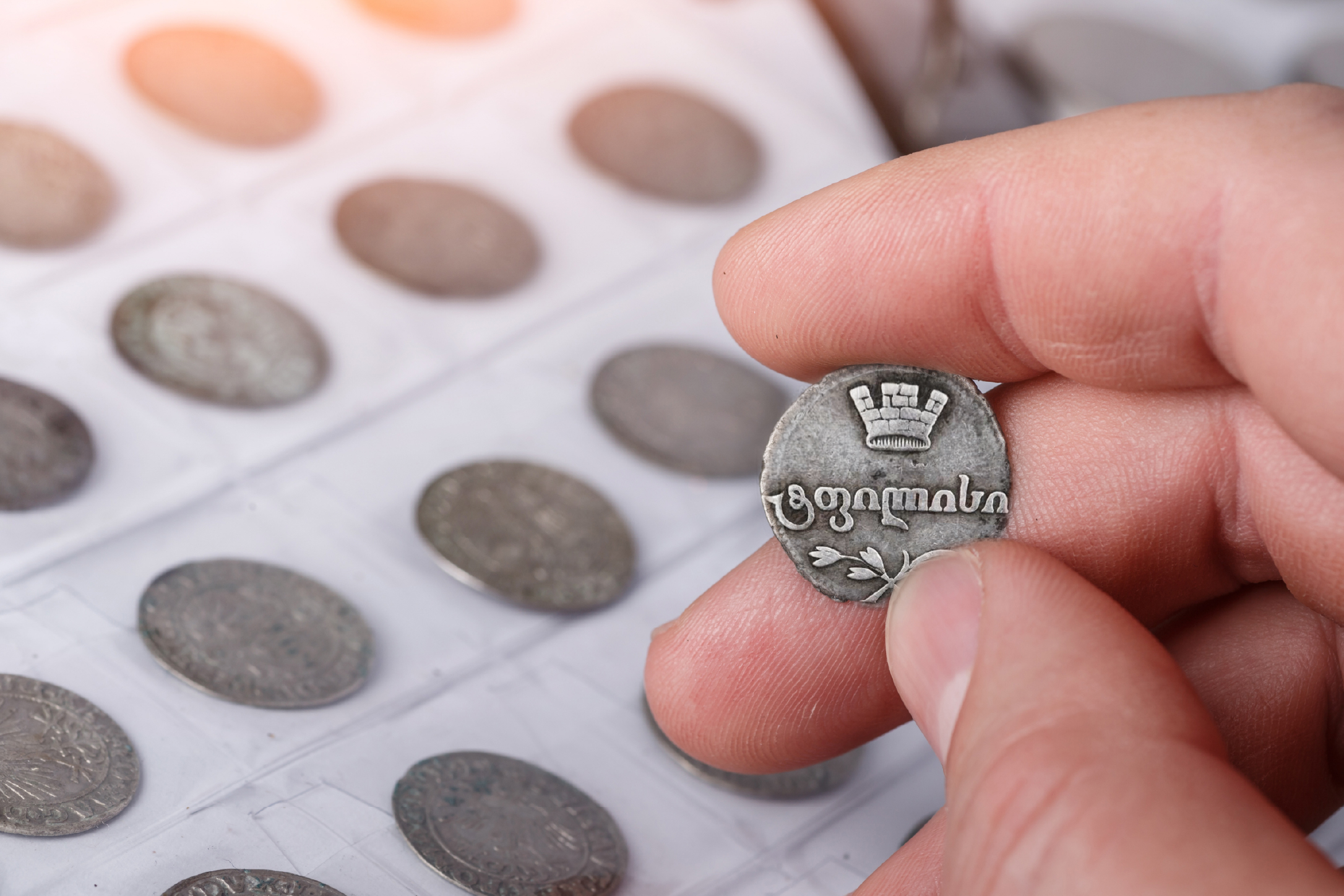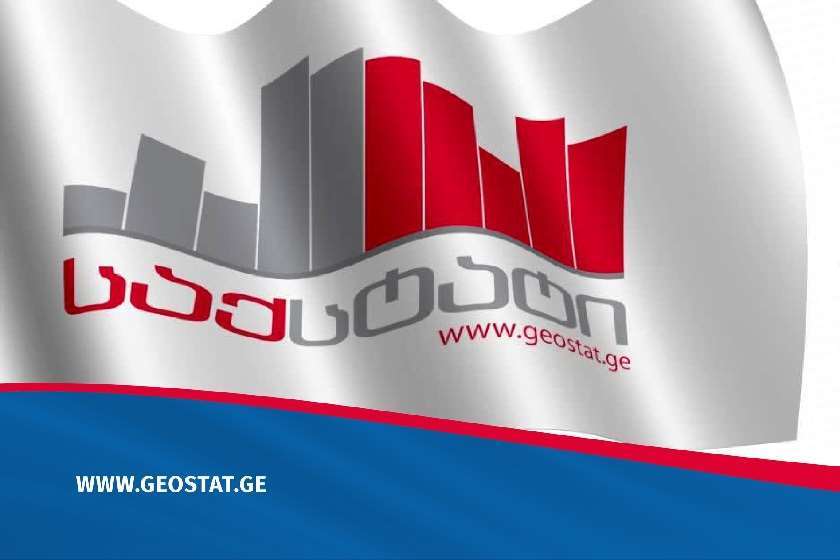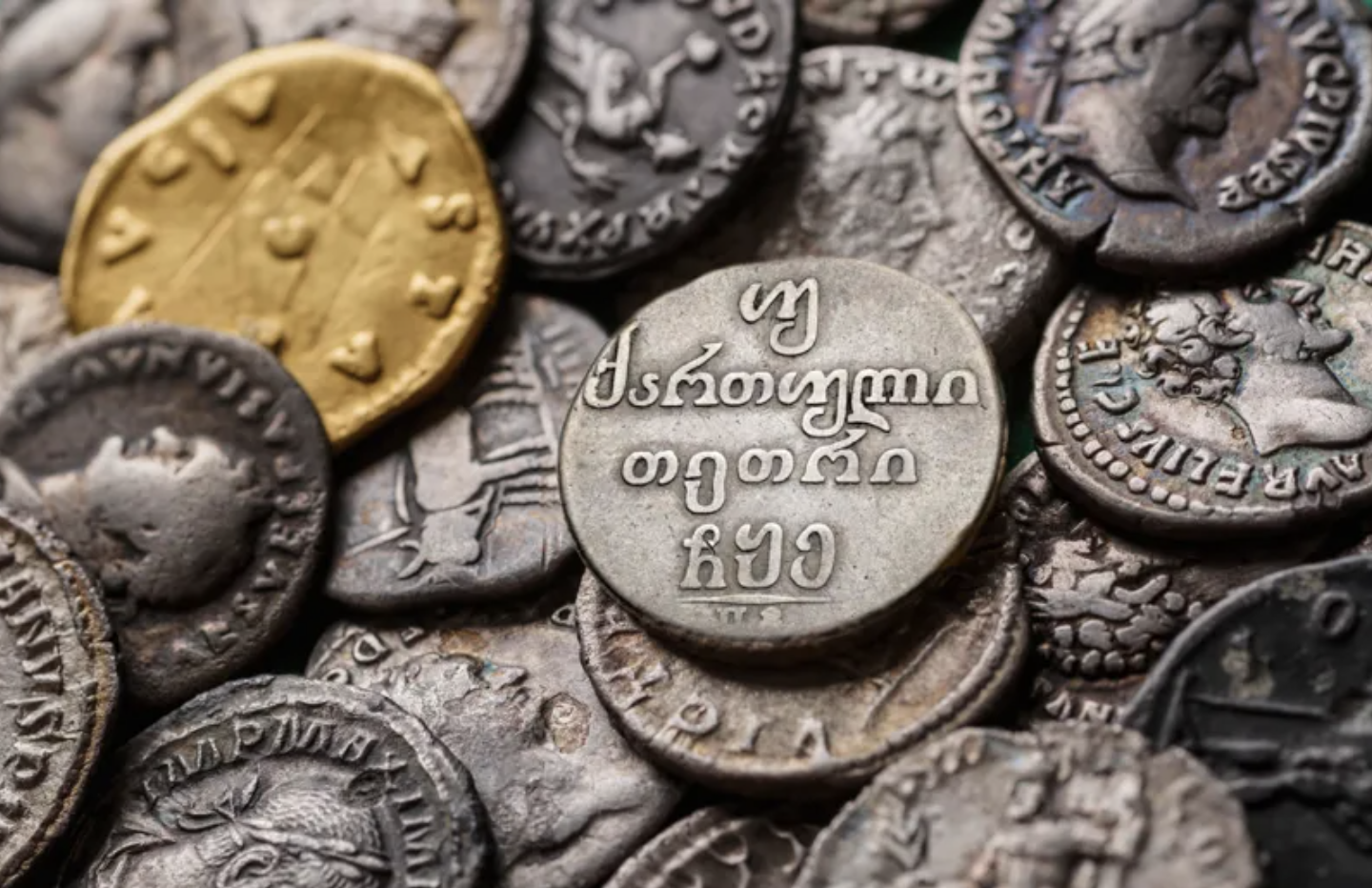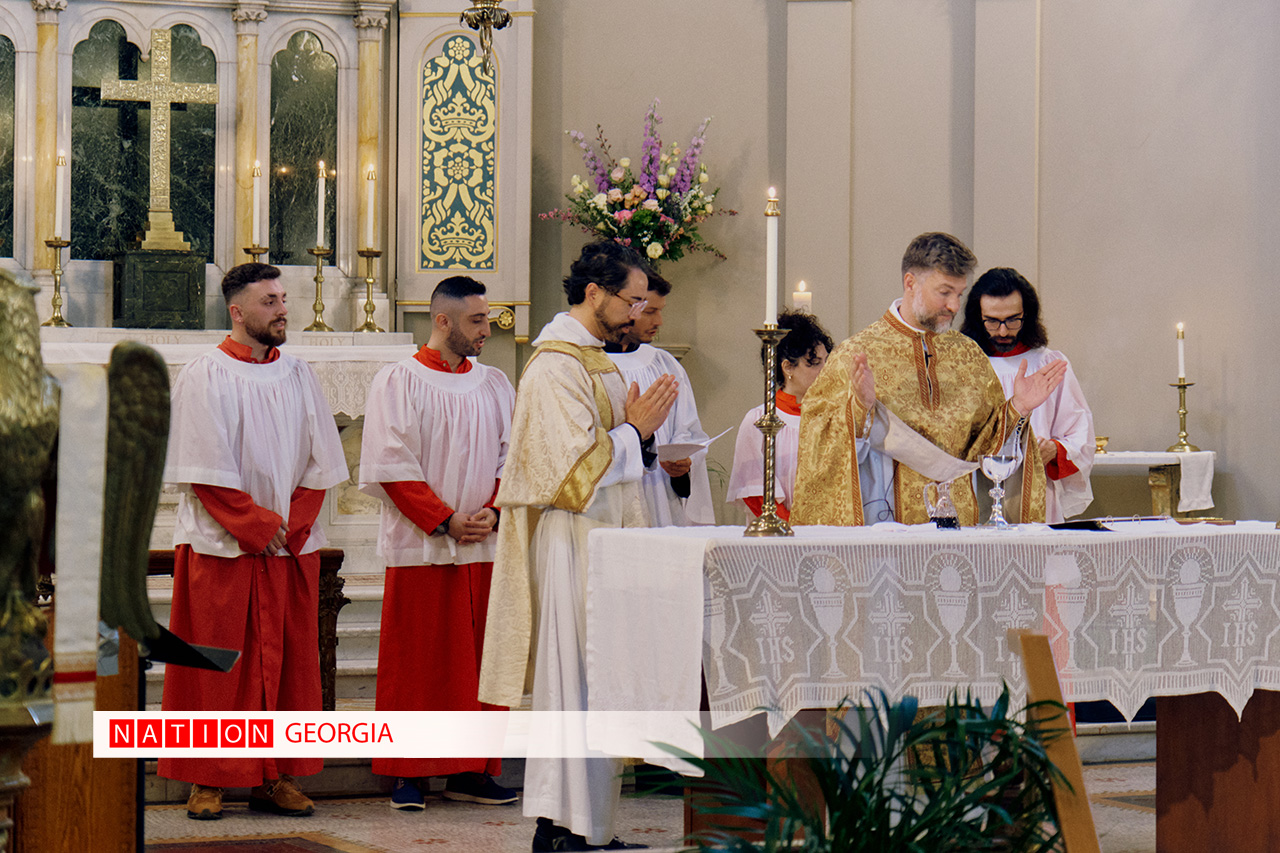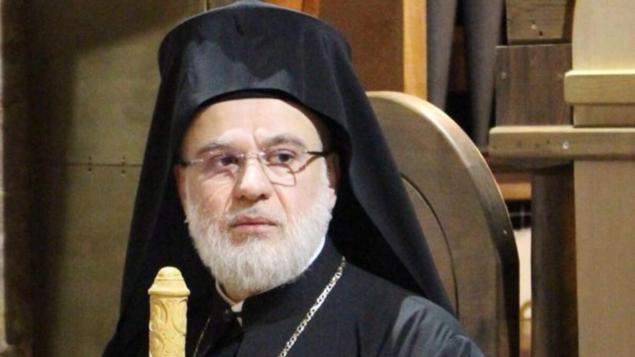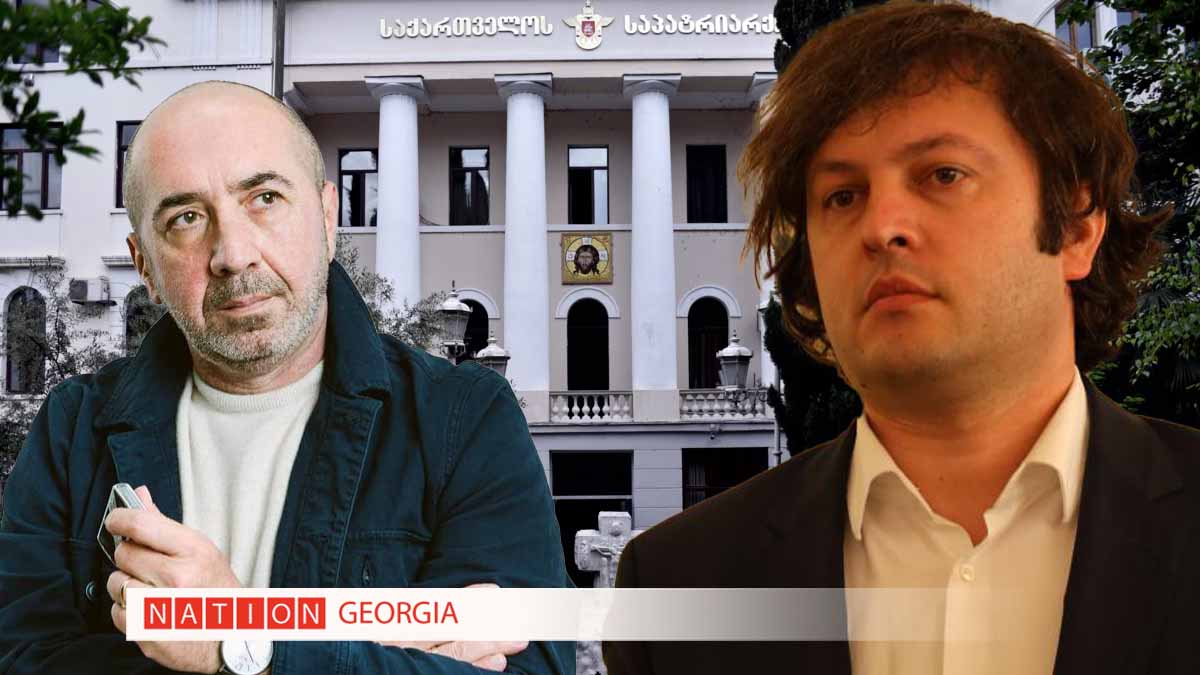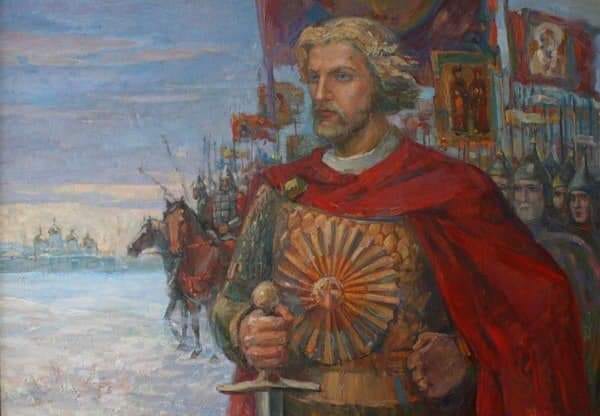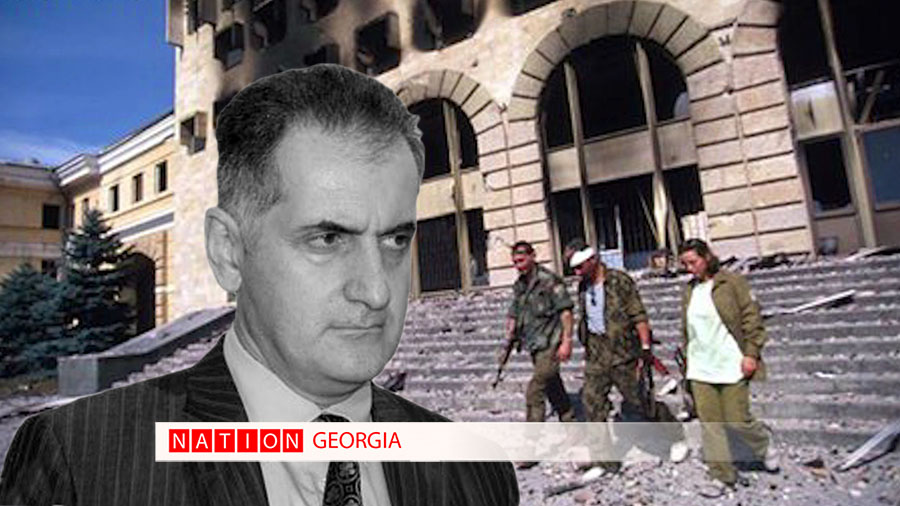
Ukraine to be invited to NATO when Allies agree and conditions are met
12.07.2024 ნახვები: 326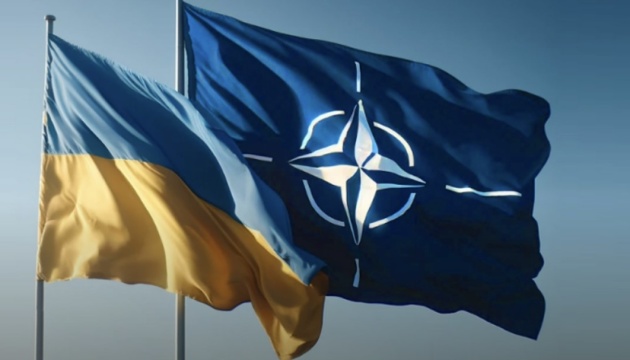
That's according to a statement of the NATO-Ukraine Council issued by the heads of state and government participating in its meeting on July 11, Ukrinform reports.
"Allies reaffirm that they will be in a position to extend an invitation to Ukraine to join the Alliance when Allies agree and conditions are met. The Summit decisions by NATO and the NATO-Ukraine Council, combined with Allies' ongoing work, constitute a bridge to Ukraine's membership in NATO," the document states.
It adds that that "Ukraine's future is in NATO" and that "Ukraine has become increasingly interoperable and politically integrated with the Alliance."
According to the statement, Russia bears full responsibility for this war, "a blatant violation of international law including the UN Charter, for which it must be held fully accountable."
NATO countries also condemn "all those who are facilitating Russia's war and amplifying Russia's disinformation campaigns."
Read also: Stoltenberg: Ukraine has right to use Western weapons against targets in RussiaRussia's war against Ukraine has shattered peace and stability in the Euro-Atlantic area and has had a profound impact on the safety, security, and welfare of billions of people around the world, the statement said.
"Allies welcome and support President Zelensky's continuous commitment to advance a comprehensive, just, and lasting peace through his Peace Formula and the Peace Summit process, including the important first Summit in Switzerland," the authors of the document said.
The statement notes that Russia is responsible for the deaths of thousands of civilians and has caused extensive damage to civilian infrastructure. Allies also condemn in the strongest possible terms Russia's horrific attacks on the Ukrainian people, including on hospitals, on July 8.
The NATO-Ukraine Council welcomes the announced commitments to provide Ukraine with additional air defense systems and other military capabilities. NATO will support and advise on the design and implementation of an integrated air and missile defense architecture for Ukraine, to enable the most efficient use of Ukraine's air and missile defense capabilities and support its transition to full interoperability with NATO.
Allies and partners continue to step up vital political, military, financial, economic, and humanitarian assistance as Ukraine exercises its inherent right to self-defense as enshrined in Article 51 of the UN Charter. Allies also continue to strengthen Ukraine’s resilience by helping sustain its energy infrastructure, providing critical energy supplies, and enabling the transit of goods and grain.
It is stated that "Allies remain as resolute as ever in supporting Ukraine for as long as it takes for Ukraine to prevail."
Allies welcome the launch of the NATO Security Assistance and Training for Ukraine (NSATU), which will coordinate the provision of military training and equipment for Ukraine by Allies and partners and will provide logistical support.
The NATO-Ukraine Council welcomes Allies' pledge of long-term security assistance for the provision of military equipment, assistance, and training for Ukraine, as well as the allocation of at least EUR 40 billion within the next year.
It is noted that the Secretary General has decided to appoint a NATO Senior Representative to head the NATO Representation to Ukraine and to act as a focal point for NATO's engagement with Ukrainian authorities in Kyiv.
NATO countries will continue to support Ukraine's progress on interoperability as well as additional democratic and security sector reforms, which NATO Foreign Ministers will continue to assess through the adapted Annual National Program.
A meeting of the NATO-Ukraine Council took place on Thursday, July 11, as part of the NATO Summit in Washington.

